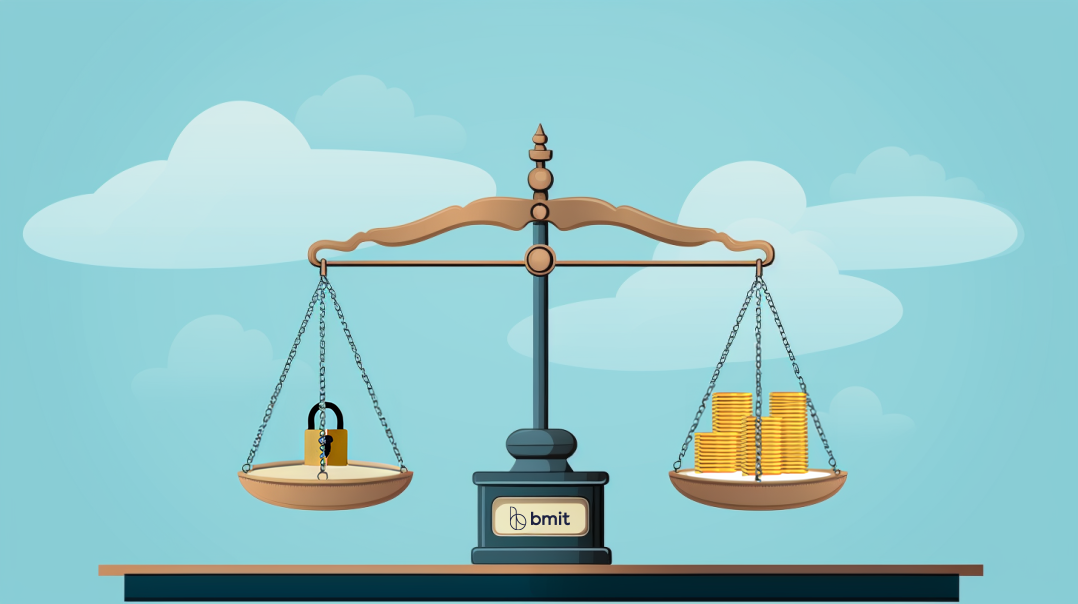Cybersecurity is a critical concern for every business though not everyone accepts the facts and by then it is usually too late.
Businesses need to understand how important it is for them to protect sensitive data, intellectual property, and the overall reputation of the business.
Investing in cybersecurity is a cost of doing business but it is a long-term investment in safeguarding against myriad threats.
There are no two ways about it. You need to dedicate a budget to cybersecurity but that does not mean breaking the bank.
Take our free lite cybersecurity assessment
Let's look at some facts.
There is no denying that cyber threats are real. In fact, the reality is that cyber threats can hurt your small business. 46% of cyber-attacks are targeted at businesses with less than 1,000 employees.
The costs after a security breach are very high. Cyberattacks cost businesses nearly $3 billion in 2020. A lot of that damage could have been prevented if those affected had taken basic steps to prevent attacks in the first place. In many cases, basic cybersecurity awareness and staff training can mitigate some attacks, especially phishing attempts that target employees.
What many businesses do not realise, until it is too late, is that if they experience a cyberattack or a breach, it is going to be extremely expensive to remedy the problem.
Limited budgets: Focus on security essentials
Train your employees
Employees can be the first line of defence against cyber threats but they're also the weakest link in the cybersecurity chain. Educating employees about cybersecurity best practices, training them on how to recognise and avoid phishing scams, the importance of strong passwords, and how to handle sensitive data securely, can be done with a very limited budget. There are training platforms that are cost-effective with subscription-based plans for small businesses.
Keep software and systems up to date
Even if you don’t have a vulnerability management program in place, it does not cost your IT team to keep operating systems, software applications, and security software up to date with the latest security patches and updates. If not centrally managed, set up automatic updates on individual machines to ensure critical security fixes are not missed.
Use strong passwords and multi-factor authentication
Encourage employees to use strong, unique passwords that are at least eight characters long and include a mix of letters, numbers, and symbols. Additionally, enable multi-factor authentication wherever possible. This extra layer of security can prevent unauthorised access even if a password is compromised.
Backup your data regularly
It's crucial to back up your data regularly and store backups securely. In the event of a data breach or other disaster, you can restore your data quickly and minimise the impact on your business. There are backup-as-a-service solutions that are not expensive and reduce the need for investment in hardware and other resources.
There are other facets of cybersecurity that could be considered but points 1-4 are a good start if your business has limited budgets or personnel. It’s important to note that just because your business is small, you should not be helpless against cyberthreats. Practical changes requiring minimal effort and cost can help you on the journey towards securing your business.
BMIT can help!
Do you want to learn more about keeping your business safe in a cost-effective manner? BMIT can help tailor your cybersecurity needs based on your budgets. Take our free lite cybersecurity assessment survey to receive a personalised report with our recommendations and feedback, right in your inbox.

